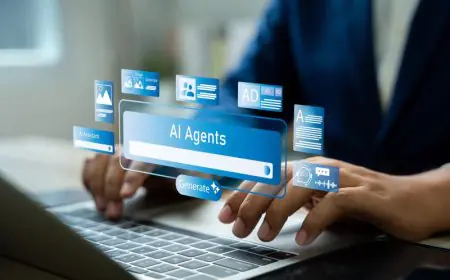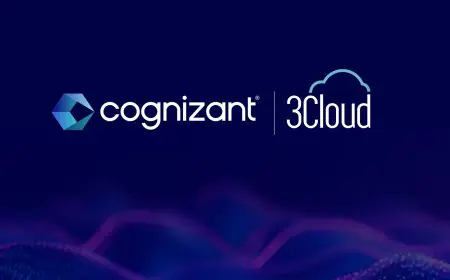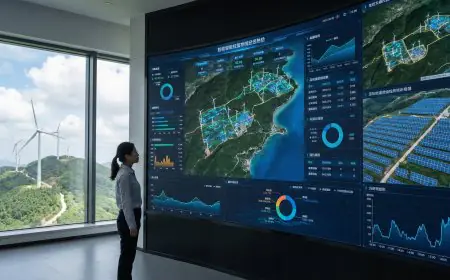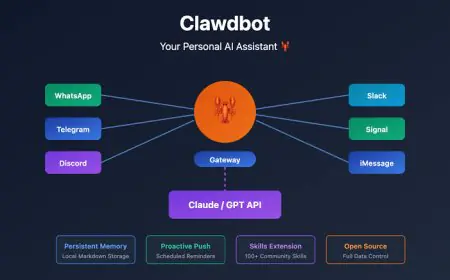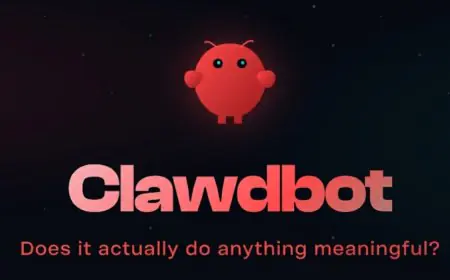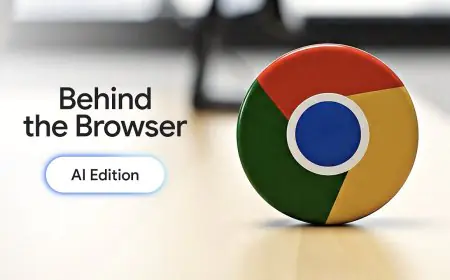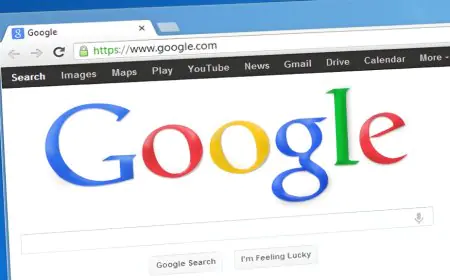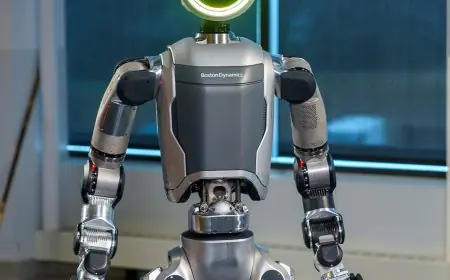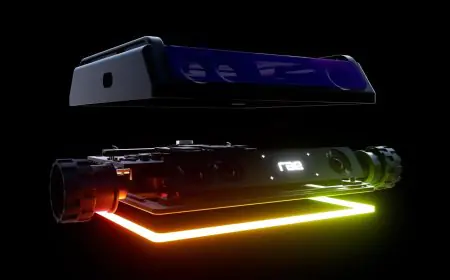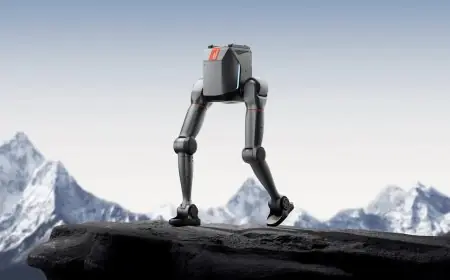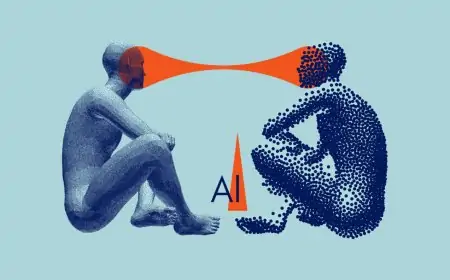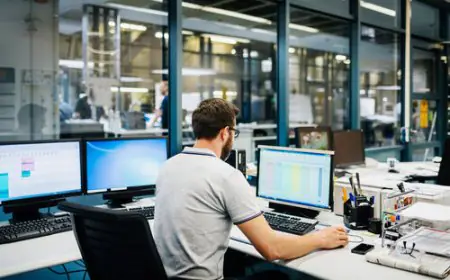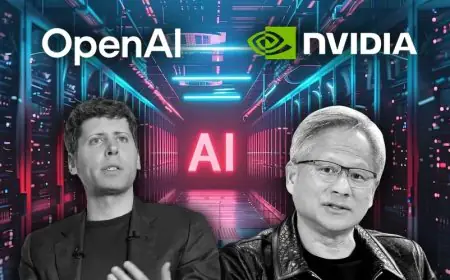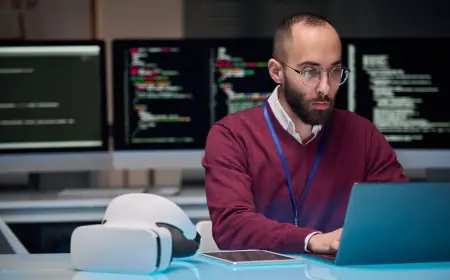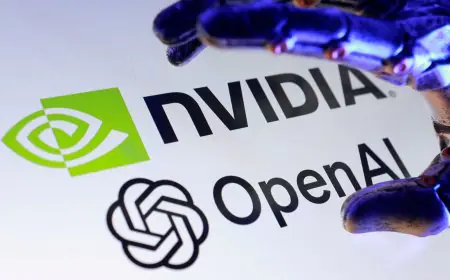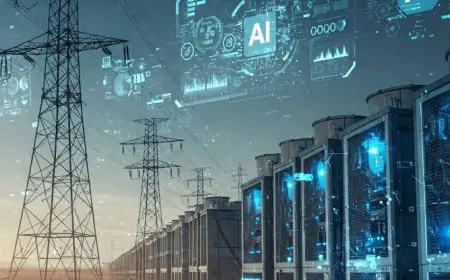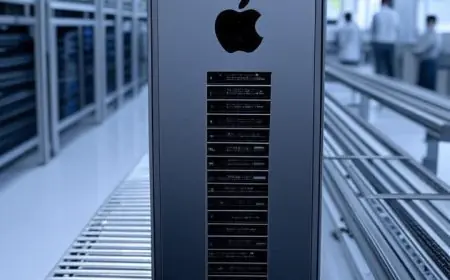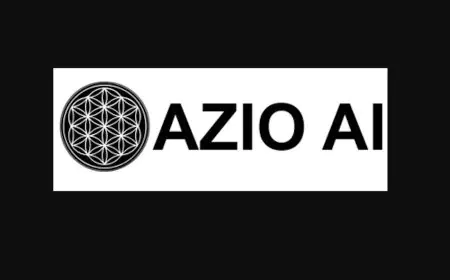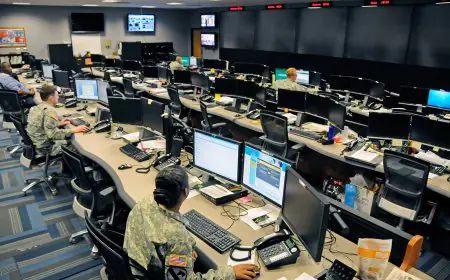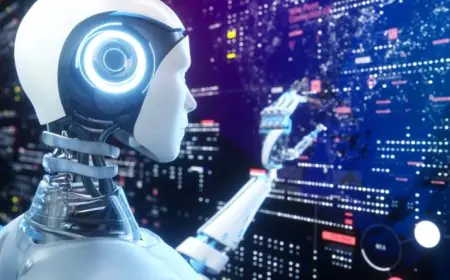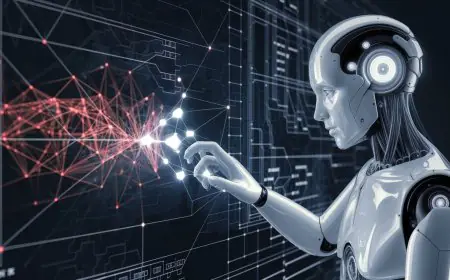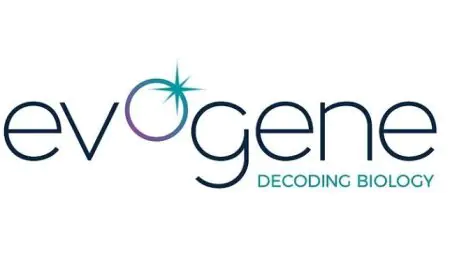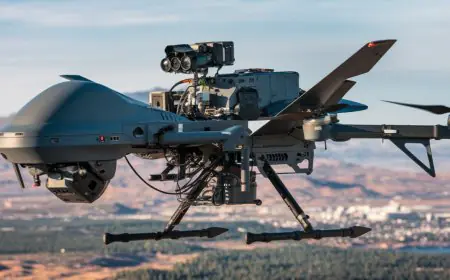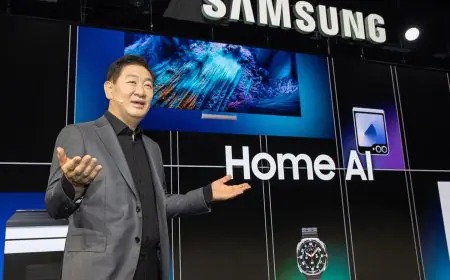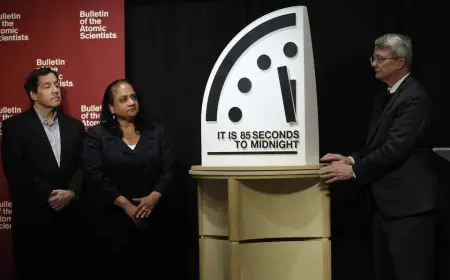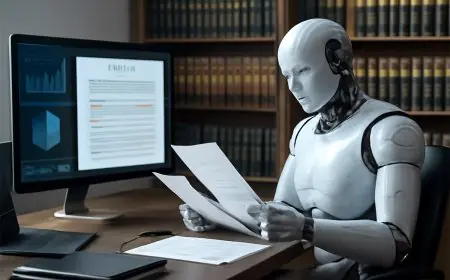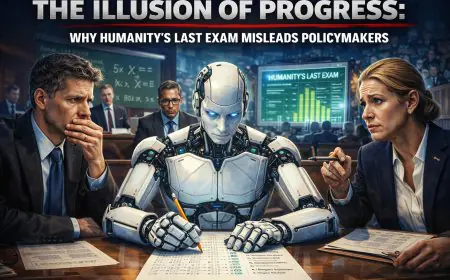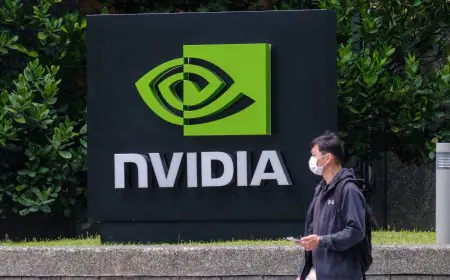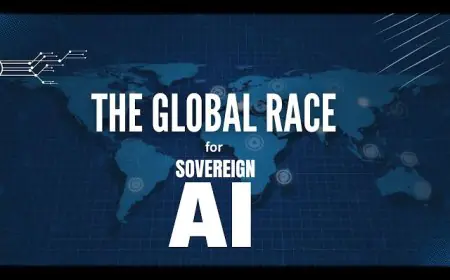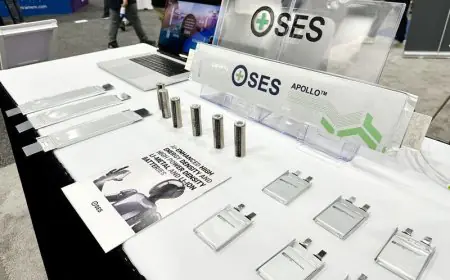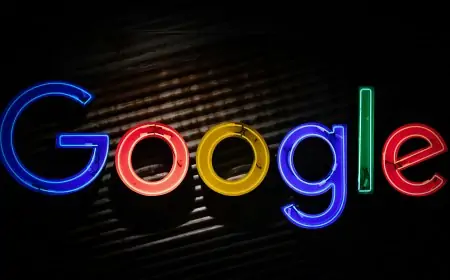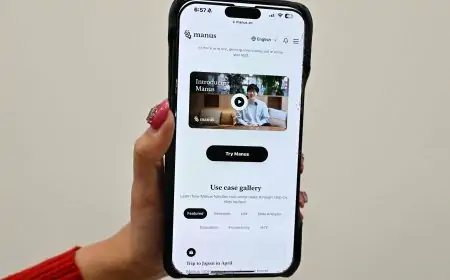AI Revolutionizes Superbug Research: Solves Decade-Long Mystery in Just Two Days
Google's AI tool cracked a decade-long superbug mystery in just 48 hours, astonishing scientists and signaling a new era for AI-driven scientific discovery.

Artificial intelligence (AI) has demonstrated its groundbreaking potential in scientific research by solving a complex problem related to superbug resistance in just two days—a problem that took microbiologists a decade to unravel. Professor José R. Penadés and his team at Imperial College London had spent years investigating why certain bacteria develop resistance to antibiotics. Their work aimed to understand how superbugs evolve and spread, a critical issue due to the increasing threat of antimicrobial resistance (AMR) to global health.
To explore new possibilities, Penadés' team tested an AI tool developed by Google, referred to as a "co-scientist". The AI was given a short prompt describing the core problem the team had been investigating. The results were astonishing: in just 48 hours, the AI reached the same conclusion the team had after years of research.
Key Findings
-
Rapid Solution: The AI tool solved the superbug mystery in just two days, a stark contrast to the decade spent by scientists.
-
Independent Hypothesis Generation: The AI independently generated the correct hypothesis, shocking the researchers.
-
Additional Theories: The AI proposed four additional theories, one of which the researchers had never considered and are now investigating.
-
Unoublished Data: The AI's conclusions were based on information not publicly available, as the team's research was unpublished. Google confirmed that the AI had not accessed Penadés' private computer files.
This breakthrough marks a significant turning point in scientific research. The ability of AI to rapidly analyze data and generate hypotheses could drastically shorten the time required for scientific discoveries. Penadés likened the experience to "finally playing in a Champions League match," emphasizing the transformative potential of AI in science.
While the rapid problem-solving capabilities of AI are impressive, they also raise questions about the evolving role of human researchers and how AI can be integrated into scientific work without diminishing human expertise.
Google's AI tool has showcased the potential to revolutionize scientific discovery by solving a decade-long superbug mystery in just two days. This achievement highlights AI's ability to accelerate research, generate new hypotheses, and offer fresh perspectives on complex scientific problems.
